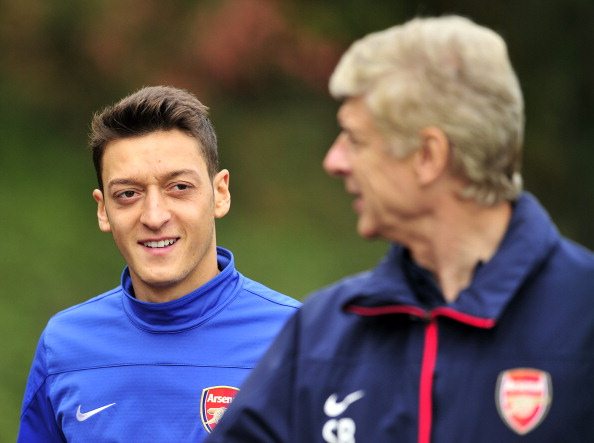Mesut Ozil and Arsenal seem to have come to an agreement to cancel his contract, bring an end to his time at Arsenal after 7.5 years.
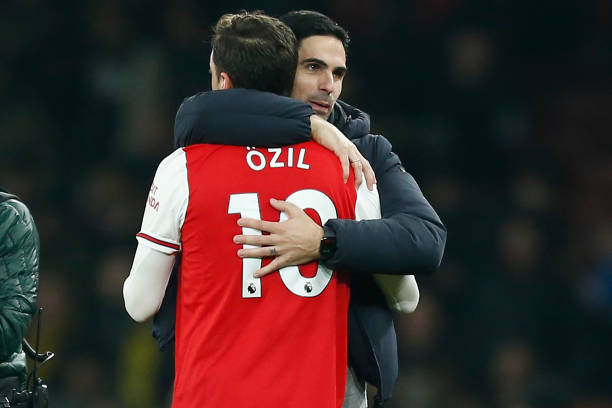
Mesut Ozil’s time at Arsenal is up.
How it got to this, we still don’t know. It seemed to start around the time of the Europa League final defeat, when he reportedly said to Unai Emery, ‘You’re not a coach’ as the Spaniard subbed him off, but can we know for sure that’s what did it?
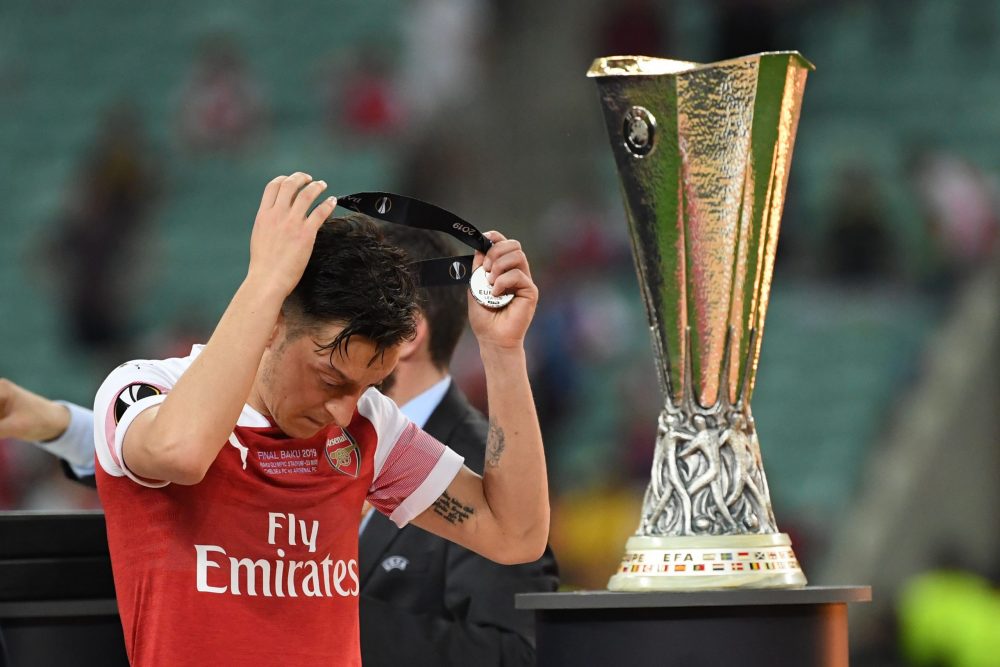
What Ozil did or didn’t do that saw him displease both Unai Emery and Mikel Arteta, we might never find out. It was easy to dismiss his non-selection when Mr. Mid-Table, now at Villarreal, was in charge.
What was Arteta’s excuse when it comes to a player he once called ‘the best in the squad‘?
You could argue he was instructed not to select Ozil so as to drive him from the club in some grand conspiracy between Raul and Edu and who knows who else.
Logic would seem to dictate, however, that you don’t take a brick to your Ferrari just because you want rid of it. Sure, the petrol costs a ton but if you can’t afford the insurance, you let people see it running in perfect condition. They’re more likely to want it.
Wrong watershed
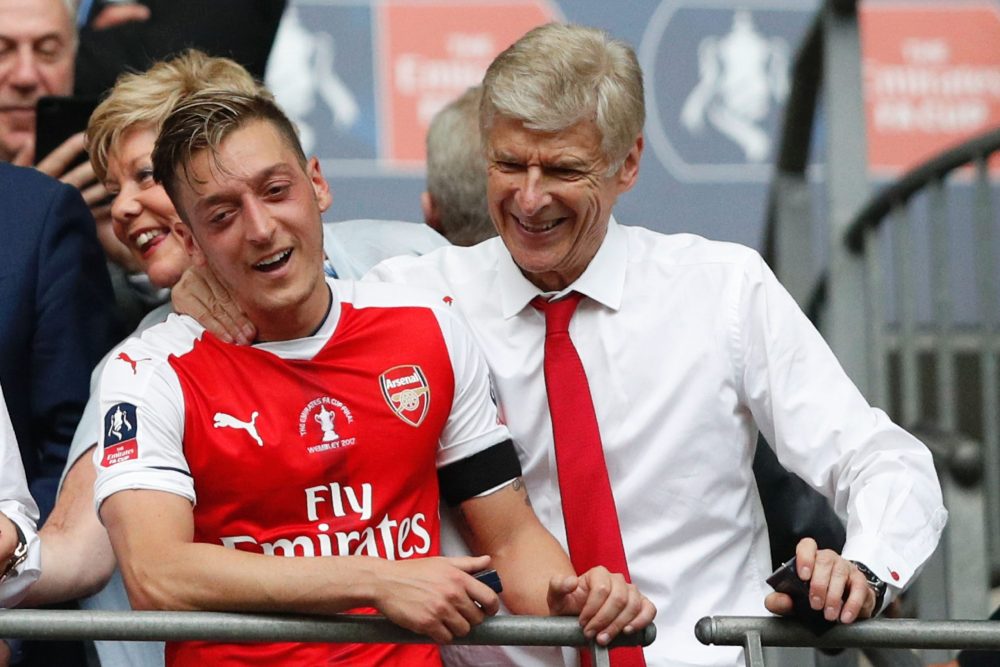
Ozil’s signing in 2013 was supposed to be a watershed moment for Arsenal Football Club. It signalled the ending of austerity and our march towards the trophies we were promised as we waited.
And waited.
And waited.
In a way Ozil has been that – a watershed for the club. But not in anything like the way it was intended.
His arrival heralded the end of prudence at Arsenal and with it, seemingly, sense. Here was a club that had stuck to a wage structure religiously, despite that meaning they had to keep playing Denilson and Co., suddenly throwing obscene money with wild abandon.
Yes, we called for them to ‘spend some f**king money,’ but not like morons, undoing all the hard work that had gone before. Because the club asked for patience, we cheered for Marouane Chamakh and Nicklas Bendtner, for christ’s sake.
Maybe Ozil, who was supposed to herald the dawn of a new era at Arsenal was never that. That was merely what we wanted and needed him to be.
Perhaps, instead, he is the last remnants of Wenger’s time, a player with a similar trajectory who evokes identical feelings of joy, rage, adulation, and vitriol in fans.
Maybe Mesut Ozil is the one who encapsulates all of Wenger’s 20 years at Arsenal in a single player. The cliched sublime and ridiculous, all rolled into one enigmatic political football.
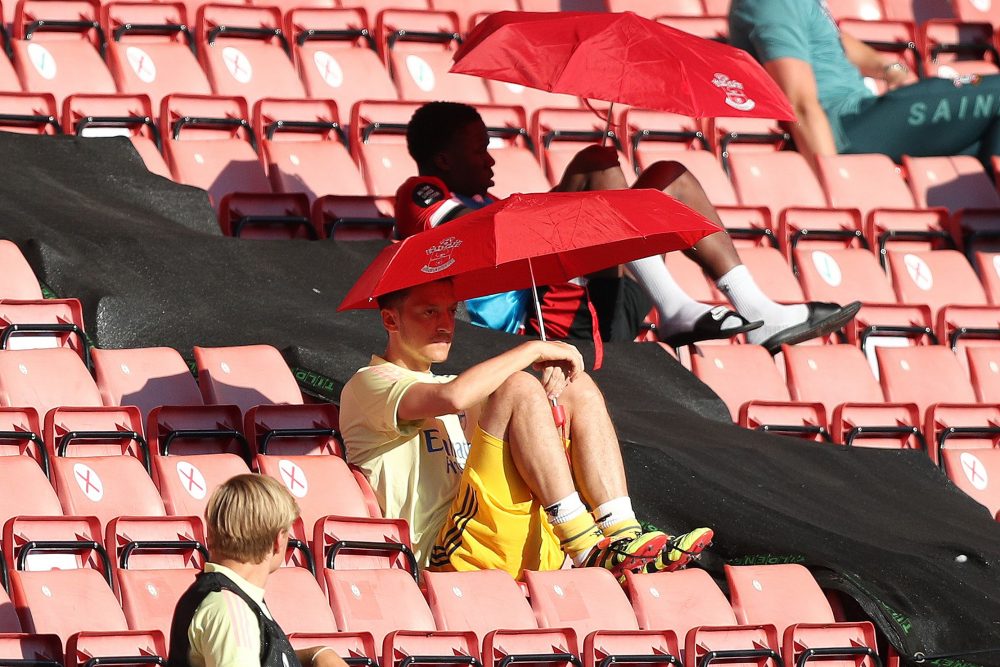
Ozil arrived in London as the third most expensive signing in British football history and was never allowed to forget it, even as prices soared.
No matter what he delivered on the pitch, a media obsessed with handshakes and meaningless formalities couldn’t reconcile a player with body-language like Mesut’s and a player who was giving his all, despite the stats frequently telling them he was covering more ground than just about everybody else on the pitch while also chalking up assists.
The tone was set early on despite him becoming the fastest player in Premier League history to reach 50 assists.
I defended him for as long as was possible, and I will always maintain he has been unfairly treated on multiple fronts while acknowledging he has also made errors of judgement of his own.
The criticism of him for asking Recep Tayyip Erdogan to be his best man was expected and deserved. His treatment at the hands of China and Germany, however, was not, despite the silence that met his claims and their actions.
One does not excuse the other but when it comes to Mesut Ozil, on and off the pitch, there has been a lot of hypocrisy and narrative building to suit other agendas, perhaps more than you find with others players because of his heritage and reluctance to speak publicly.
He was a political pawn to many and, at Arsenal, he looks like he has paid for what he represents more than what he is capable of with a football at his feet.

